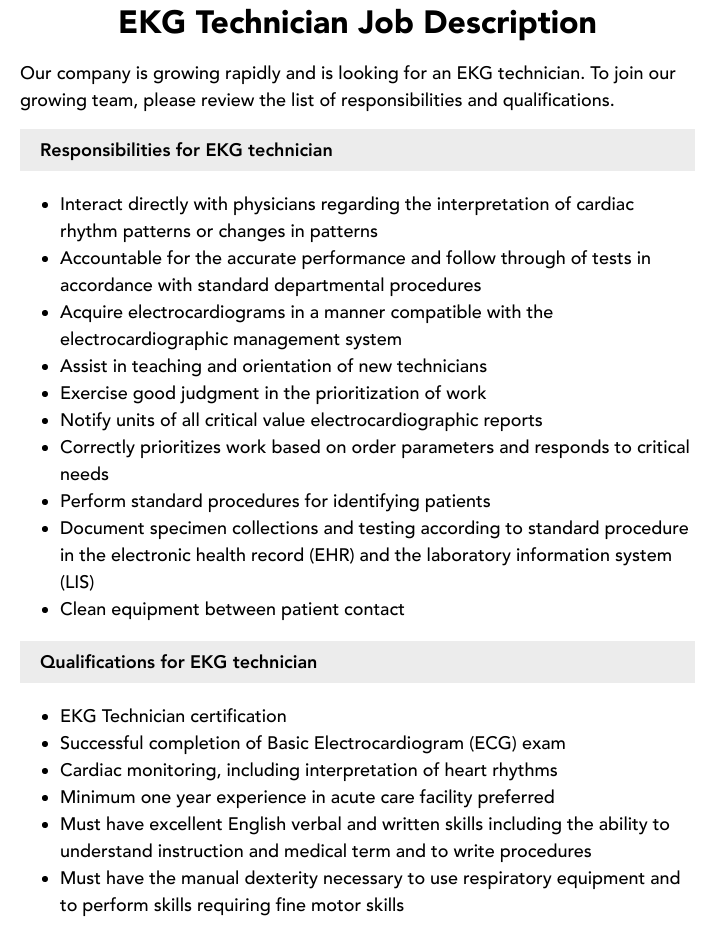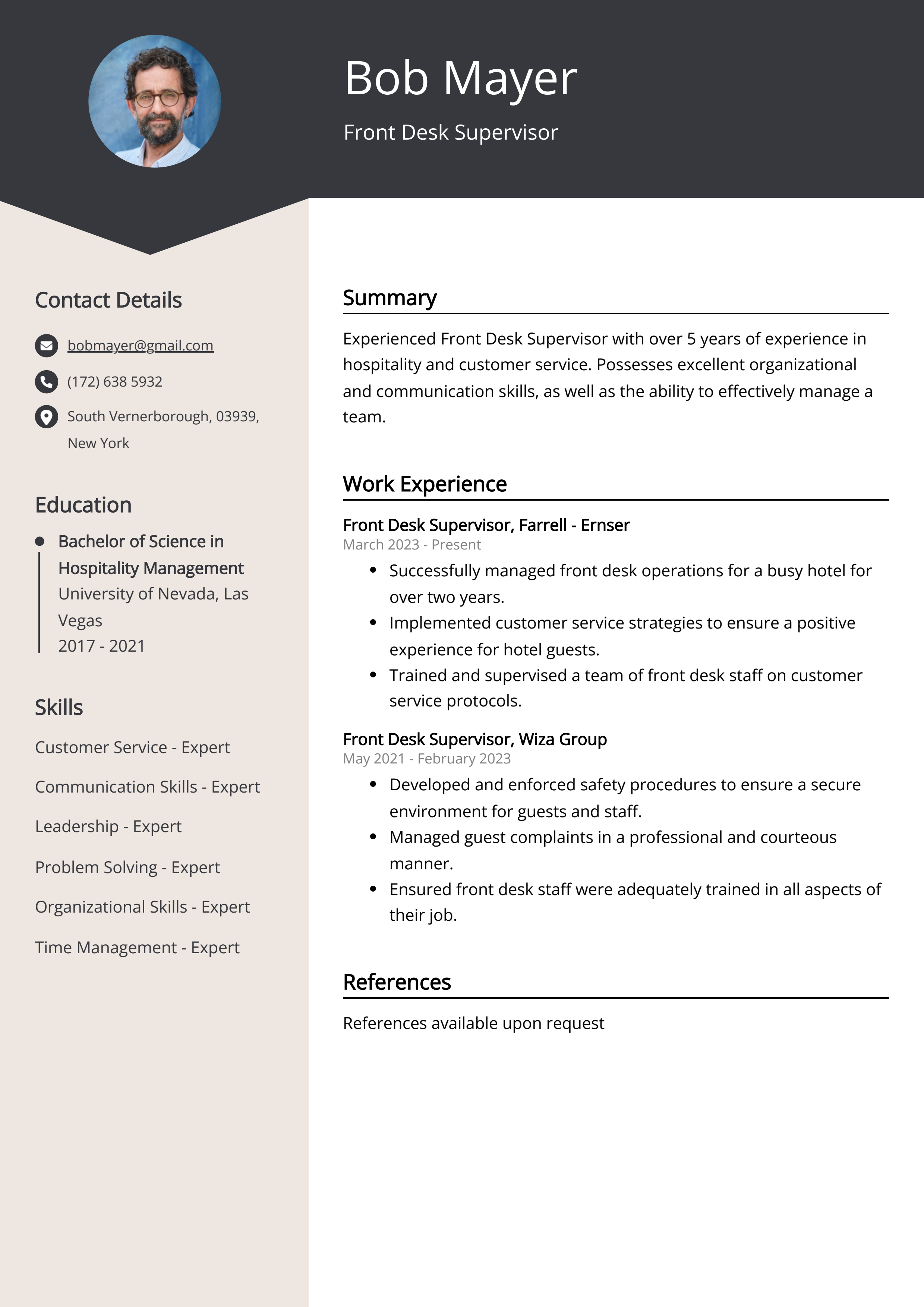
An emergency department nurse is a registered nurse who provides care to patients in the emergency department of a hospital. They are responsible for assessing patients, providing initial treatment, and stabilizing them so they can be admitted to the hospital or discharged home.
Emergency department nurses must be able to work quickly and efficiently in a fast-paced and stressful environment. They must be able to make quick decisions and prioritize their patients’ needs. They must also be able to work well with other members of the healthcare team, including physicians, physician assistants, and other nurses.
Emergency department nurses play a vital role in the healthcare system. They provide essential care to patients who are experiencing a wide range of medical emergencies. They help to stabilize patients and ensure that they receive the treatment they need to recover.
1. Assessment
Assessment is a critical component of an emergency department nurse’s job description. Emergency department nurses must be able to quickly and accurately assess patients’ conditions in order to provide the best possible care. This includes assessing vital signs, such as heart rate, blood pressure, and respiratory rate, as well as conducting a physical examination. Emergency department nurses must also be able to interpret test results and make decisions about the best course of treatment.
The ability to quickly and accurately assess patients is essential for emergency department nurses because it allows them to identify and prioritize the most critical cases. This can mean the difference between life and death for some patients. For example, a patient who is experiencing a heart attack or stroke needs to be treated immediately. Emergency department nurses must be able to quickly identify these patients and get them the care they need.
In addition to being able to quickly and accurately assess patients, emergency department nurses must also be able to communicate effectively with patients and their families. They must be able to explain the patient’s condition and treatment plan in a clear and concise manner. Emergency department nurses must also be able to answer patients’ questions and provide emotional support.
The ability to assess patients, communicate effectively, and work as part of a team are all essential qualities for emergency department nurses. These nurses play a vital role in the healthcare system, providing essential care to patients in need.
2. Treatment
Emergency department nurses are responsible for providing initial treatment to patients in the emergency department. This includes stabilizing patients and administering medication. Providing initial treatment is a critical component of an emergency department nurse’s job description because it allows them to provide immediate care to patients who are experiencing a medical emergency.
Emergency department nurses are trained to provide a wide range of initial treatments, including:
- Assessing vital signs and conducting a physical examination
- Administering oxygen and other medications
- Starting IVs and drawing blood
- Performing wound care and suturing lacerations
- Splinting fractures
Providing initial treatment helps to stabilize patients and improve their chances of survival. For example, a patient who is experiencing a heart attack needs to be given oxygen and medication to help improve blood flow to the heart. A patient who is experiencing a stroke needs to be given medication to help dissolve the blood clot that is causing the stroke.
Emergency department nurses play a vital role in the healthcare system by providing initial treatment to patients who are experiencing a medical emergency. Their ability to provide quick and effective treatment helps to improve patients’ chances of survival and recovery.
3. Communication
Effective communication is essential for emergency department nurses. They must be able to communicate clearly and concisely with patients, family members, and other members of the healthcare team in order to provide the best possible care. This includes being able to explain complex medical information in a way that patients and family members can understand.
- Clear and concise communication: Emergency department nurses must be able to communicate clearly and concisely with patients, family members, and other members of the healthcare team. This includes being able to explain complex medical information in a way that patients and family members can understand.
- Active listening: Emergency department nurses must be able to actively listen to patients and family members in order to understand their concerns and needs. This means paying attention to both verbal and non-verbal cues.
- Empathy: Emergency department nurses must be able to empathize with patients and family members. This means being able to understand their emotional state and providing support.
- Cultural sensitivity: Emergency department nurses must be able to communicate effectively with patients and family members from diverse cultural backgrounds. This means being aware of cultural differences and adapting communication styles accordingly.
Effective communication is essential for emergency department nurses to provide the best possible care to patients. By being able to communicate clearly, actively listen, empathize, and be culturally sensitive, emergency department nurses can help to create a positive and supportive environment for patients and their families.
4. Teamwork
Teamwork is an essential component of an emergency department nurse job description. Emergency department nurses work as part of a team to provide care to patients, which includes working with physicians, physician assistants, other nurses, and support staff. Each member of the team has a specific role to play in providing care to patients, and it is important that all members of the team work together effectively to ensure that patients receive the best possible care.
There are many benefits to teamwork in the emergency department. Teamwork can help to improve patient outcomes, reduce errors, and increase efficiency. For example, a study published in the Journal of Emergency Nursing found that teamwork was associated with a decreased risk of patient mortality and a shorter length of stay in the emergency department. Teamwork can also help to reduce errors by ensuring that all members of the team are communicating effectively and that there is a clear understanding of the patient’s care plan.
In addition to improving patient outcomes and reducing errors, teamwork can also help to increase efficiency in the emergency department. When all members of the team are working together effectively, it can help to streamline the patient care process and reduce the amount of time that patients spend in the emergency department.
Overall, teamwork is an essential component of an emergency department nurse job description. Teamwork can help to improve patient outcomes, reduce errors, and increase efficiency. Emergency department nurses who are able to work effectively as part of a team are more likely to be successful in their roles and provide the best possible care to patients.
FAQs on Emergency Department Nurse Job Description
This section provides answers to frequently asked questions (FAQs) about emergency department nurse job descriptions. These FAQs are designed to provide a comprehensive understanding of the role and responsibilities of emergency department nurses.
Question 1: What are the key responsibilities of an emergency department nurse?
Emergency department nurses are responsible for providing immediate and critical care to patients in the emergency department of a hospital. Their key responsibilities include assessing patients, providing initial treatment, stabilizing patients, and communicating with patients, family members, and other members of the healthcare team.
Question 2: What qualifications are required to become an emergency department nurse?
To become an emergency department nurse, you must be a registered nurse (RN) with a bachelor’s degree in nursing (BSN) or an associate’s degree in nursing (ADN) with additional experience in emergency nursing. Some employers may also require emergency department nurses to have certification in Advanced Cardiac Life Support (ACLS) and Pediatric Advanced Life Support (PALS).
Question 3: What are the career prospects for emergency department nurses?
Emergency department nurses have a variety of career prospects. They can advance to roles such as nurse manager, clinical nurse specialist, or nurse practitioner. They can also specialize in areas such as trauma nursing, critical care nursing, or flight nursing.
Question 4: What is the work environment of an emergency department nurse like?
Emergency department nurses work in a fast-paced and stressful environment. They must be able to work independently and as part of a team. They must also be able to handle the emotional challenges of working with patients who are experiencing medical emergencies.
Question 5: What are the benefits of being an emergency department nurse?
Emergency department nurses enjoy a variety of benefits, including competitive salaries, health insurance, paid time off, and opportunities for professional development. They also have the opportunity to make a real difference in the lives of patients and their families.
Question 6: What are the challenges of being an emergency department nurse?
Emergency department nurses face a number of challenges, including long hours, shift work, and exposure to traumatic events. They must also be able to handle the emotional challenges of working with patients who are experiencing medical emergencies.
Summary
Emergency department nurses play an essential role in the healthcare system. They provide critical care to patients in need and make a real difference in their lives. If you are interested in a challenging and rewarding career, emergency department nursing may be the right path for you.
Next Article Section
The next section of this article will provide information on how to become an emergency department nurse.
Tips for Emergency Department Nurses
Emergency department nurses play a vital role in providing critical care to patients in need. Here are a few tips to help you succeed in this challenging and rewarding career:
Tip 1: Be prepared for anything.
Emergency department nurses must be prepared to handle any type of medical emergency, from minor injuries to life-threatening conditions. This requires a broad knowledge of nursing skills, as well as the ability to think quickly and make decisions under pressure.
Tip 2: Communicate effectively.
Emergency department nurses must be able to communicate effectively with patients, family members, and other members of the healthcare team. This includes being able to clearly explain complex medical information and provide emotional support to patients and their families.
Tip 3: Work well as part of a team.
Emergency department nurses work as part of a team to provide care to patients. This requires the ability to work independently and as part of a team, as well as the ability to delegate tasks and supervise other staff members.
Tip 4: Stay up-to-date on your skills and knowledge.
Emergency department nursing is a constantly evolving field. It is important to stay up-to-date on your skills and knowledge by attending continuing education courses and reading professional journals.
Tip 5: Take care of yourself.
Emergency department nurses work long hours and often deal with stressful situations. It is important to take care of yourself both physically and emotionally in order to avoid burnout.
Conclusion
Emergency department nursing is a challenging and rewarding career. By following these tips, you can increase your chances of success in this field and provide the best possible care to your patients.



